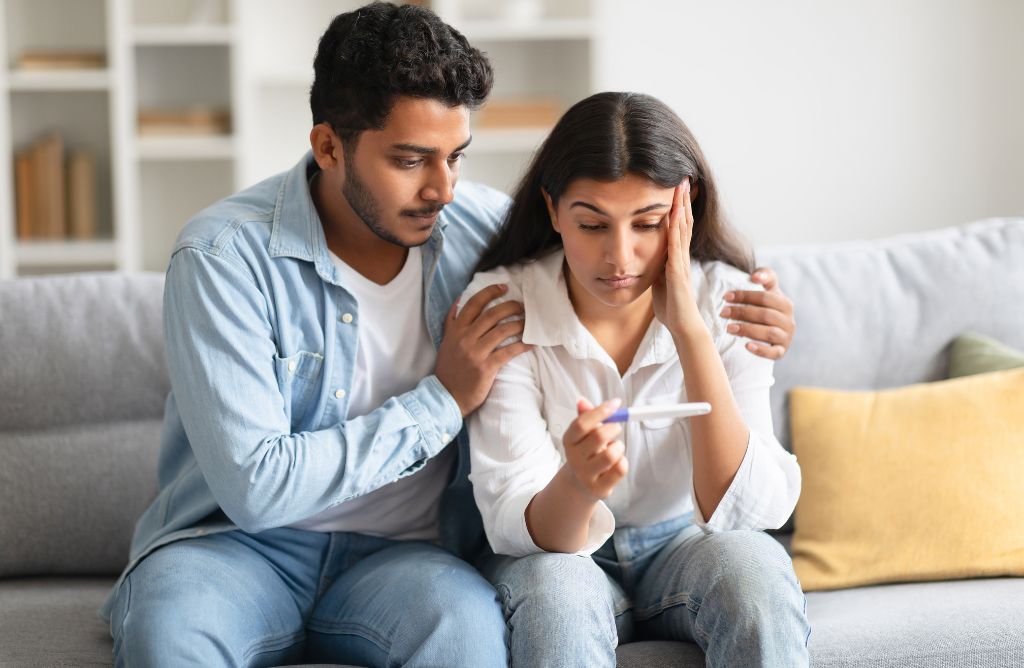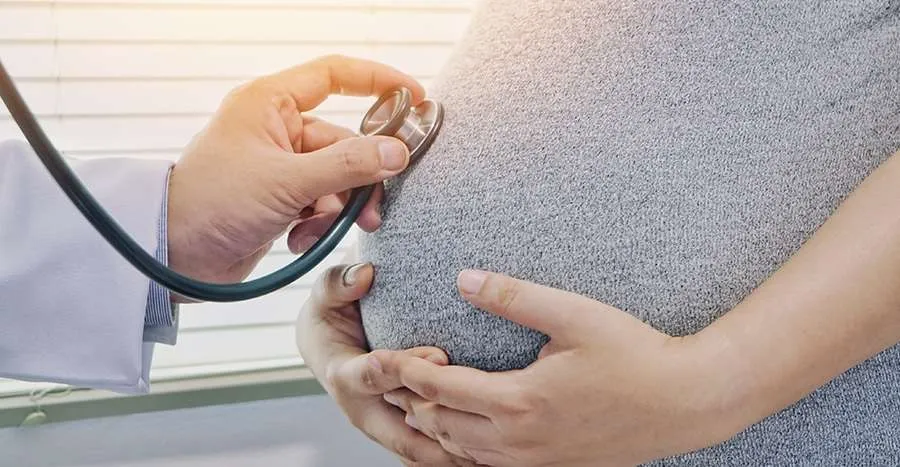Periods are a normal part of life for women and people who menstruate, but for many, they bring more than just bleeding. If you experience cramps, lower back pain, fatigue, or even nausea during your period, you are not alone. Painful periods—also known as dysmenorrhea—affect millions of women worldwide. Some women feel a slight discomfort, while others are forced to miss work, school, or daily activities due to the intensity of their pain.

In this article, we’ll explore what causes painful periods, when you should be concerned, and how you can find relief naturally or with medical help. We’ll also answer five frequently asked questions to help you better understand your body and make informed health decisions.
What Causes Painful Periods?
Painful periods can be caused by a number of factors. To understand them better, it helps to know what happens in your body during menstruation.
1. Uterine Contractions
The most common cause of period pain is the natural contractions of your uterus. Each month, your uterus contracts to help shed its lining (also known as the endometrium). These contractions are triggered by hormone-like substances called prostaglandins. High levels of prostaglandins can lead to stronger contractions, which may cut off blood flow temporarily and cause pain.
2. Endometriosis
This is a condition where tissue similar to the lining of the uterus grows outside the uterus, such as on the ovaries, fallopian tubes, or pelvis. During your period, this tissue also bleeds, but it has nowhere to go. This causes inflammation, pain, and sometimes scarring. Endometriosis can lead to extremely painful periods and is often misdiagnosed.
3. Fibroids
Uterine fibroids are non-cancerous growths in or on the uterus. They can make your periods heavier and more painful, depending on their size and location. Not all fibroids cause symptoms, but when they do, painful menstruation is one of them.
4. Pelvic Inflammatory Disease (PID)
PID is a bacterial infection that affects the reproductive organs. It can lead to long-term pain and is often linked to sexually transmitted infections (STIs). Pain during periods may be more severe if you have PID.
5. Adenomyosis
In this condition, the tissue that lines the uterus begins to grow into the muscular walls of the uterus. This can cause heavy bleeding and painful cramps during menstruation.
6. Stress and Anxiety
While emotional stress doesn’t directly cause physical menstrual pain, it can make symptoms feel worse. Stress can also throw off your hormone balance, which may affect your menstrual cycle and pain levels.
How to Relieve Painful Periods
You don’t have to suffer in silence. There are several natural and medical ways to ease menstrual cramps and feel more comfortable during your period.
1. Heat Therapy
Applying a heating pad, hot water bottle, or even a warm towel on your lower abdomen can help relax the muscles of your uterus and improve blood flow. This is one of the simplest and most effective ways to reduce period pain.
2. Over-the-Counter Medications
Nonsteroidal anti-inflammatory drugs (NSAIDs) like ibuprofen or naproxen reduce prostaglandin levels and relieve pain. Always take them with food and follow dosage instructions carefully.
3. Exercise and Movement
It may feel counterintuitive, but light exercise such as walking, yoga, or stretching can actually reduce menstrual pain. Physical activity helps release endorphins, your body’s natural painkillers.
4. Stay Hydrated and Eat Well
Dehydration can make cramps worse. Drink plenty of water, and eat foods rich in magnesium (like bananas, leafy greens, and dark chocolate) to help ease muscle tension. Avoid caffeine, alcohol, and salty snacks which can increase bloating and discomfort.
5. Herbal Remedies
Some women find relief using herbs like:
- Ginger: May reduce inflammation and pain.
- Chamomile Tea: Has anti-inflammatory and calming effects.
- Turmeric: Contains curcumin, which is known to fight inflammation.
However, always check with a healthcare provider before starting any herbal supplements, especially if you’re on medication.
6. Massage
A gentle abdominal or lower back massage using essential oils like lavender or clary sage can help soothe muscles and reduce cramps.
7. Hormonal Birth Control
Birth control pills, patches, or hormonal IUDs can reduce period pain by thinning the uterine lining and reducing ovulation. These should be discussed with a healthcare professional to find the best option for you.
8. Reduce Stress
Meditation, deep breathing, and mindfulness exercises can help lower stress, which might lessen the intensity of menstrual symptoms over time.
When to See a Doctor
Not all period pain is normal. See a healthcare provider if:
- Your pain is so severe it stops you from living your normal life.
- Over-the-counter medications don’t help.
- You have heavy bleeding (changing pads or tampons every hour).
- Your symptoms suddenly change or get worse.
- You have other symptoms like vomiting, dizziness, or pain during sex.
You might need further evaluation for conditions like endometriosis, fibroids, or other underlying issues.
Final Thoughts
Period pain can feel frustrating and even isolating, but it doesn’t have to be something you “just deal with.” By understanding what causes menstrual pain and exploring both natural and medical treatment options, you can take control of your cycle and your comfort. Remember, every woman’s body is different, so finding the right solution may take time. Be patient and kind to yourself, and don’t hesitate to reach out to a medical professional for support.
5 Frequently Asked Questions (FAQs)
Q1: Are painful periods normal?
Mild to moderate cramps are common, but severe pain that interferes with your daily life isn’t normal and should be checked by a doctor.
Q2: Can diet affect period pain?
Yes, a balanced diet rich in anti-inflammatory foods like fruits, vegetables, whole grains, and omega-3 fatty acids can help reduce period pain.
Q3: Do painful periods mean I have a health problem?
Not always, but conditions like endometriosis, fibroids, or PID can cause painful periods. It’s important to see a doctor if your pain is severe or sudden.
Q4: What home remedies work best for cramps?
Heat therapy, light exercise, herbal teas (like ginger or chamomile), hydration, and massage are some of the most effective natural remedies.
Q5: Can birth control help with painful periods?
Yes, hormonal birth control can reduce period pain for many women by regulating hormones and making periods lighter and less painful.



